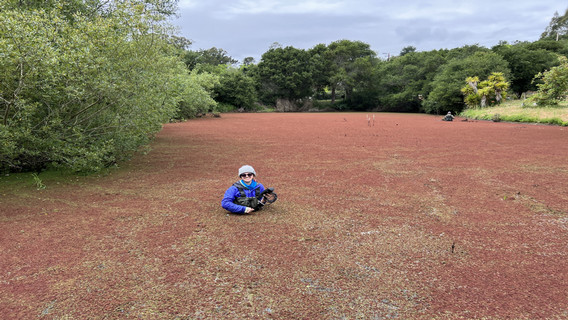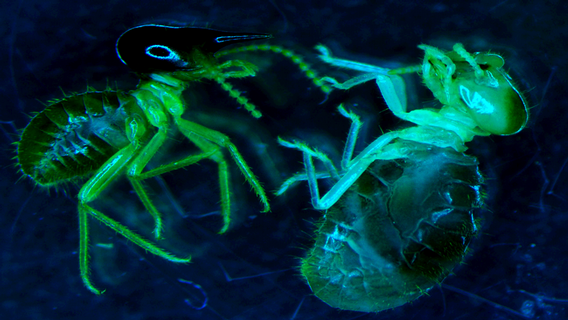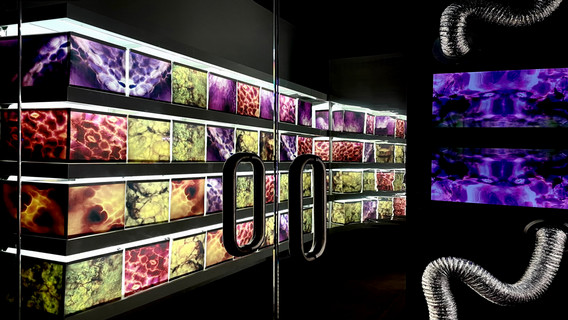Your email should begin with a subject line making it clear why you are reaching out. Our faculty have an automatic flag for the subject line “[Inquiry] Potential graduate student,” although variations are of course accepted.
As for the content of the email, you should seek to accomplish the following: 1) an introduction of yourself and your study/work history, 2) determine if the PI is accepting new lab members, and 3) convey why you are interested in the lab’s work and why you think you are a good fit. An example email can be found below:
Good afternoon Dr. [X],
My name is [Name] and I am reaching out to discuss applying to the University of Miami’s Biology [Ph.D./M.S.] program. I received my B[X] degree from [Institution] in 20[XX] and am very interested in continuing my education at UM. I found your lab’s research on anthropogenic changes to tropical forests to be very interesting, especially your recent paper on leaf temperatures and photosynthentic heat tolerance. During my undergraduate studies, I conducted habitat loss research in Dr. [X]’s lab and think my background and experience mesh well with your lab mission.
I was hoping to first confirm that you are accepting new graduate students to your lab and if so, that we could discuss my potential application to UM’s program? Any advice or suggestions you have would be much appreciated. I have attached my CV for your reference.
Thank you for your time,
[Name]








